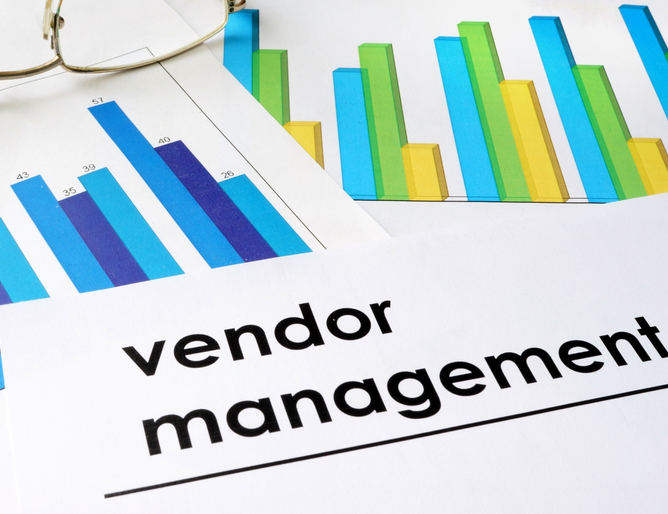Managing vendor relationships is a crucial responsibility for Office Services Managers. Vendors supply everything from office supplies and maintenance to catering, IT services, and security. A strong, proactive vendor management strategy not only ensures operational efficiency but also supports cost control, quality assurance, and workplace satisfaction. Here’s how to master this vital aspect of office services.
1. Establish Clear Communication
The foundation of any successful vendor relationship is clear and consistent communication. From the outset, clearly outline your expectations regarding quality, timelines, invoicing, delivery protocols, and service standards. Regular check-ins—whether weekly, monthly, or quarterly—can help align both parties and address any issues before they escalate.
2. Set Performance Metrics
Defining and tracking key performance indicators (KPIs) allows you to measure vendor effectiveness. Metrics may include delivery times, response rates, product or service quality, and compliance with contract terms. This helps in identifying which vendors are reliable and which require improvement or reevaluation.
3. Maintain Professionalism and Mutual Respect
Professionalism is key in fostering long-term, mutually beneficial relationships. Treat vendors as partners rather than mere suppliers. Prompt payments, respectful communication, and fair negotiation practices go a long way in building trust and encouraging vendors to go the extra mile for your office.
4. Diversify Your Vendor Base
Relying too heavily on a single vendor can be a risky strategy. Having multiple vendors for essential services ensures continuity in case of supply chain disruptions or service issues. This also provides leverage when negotiating pricing and service terms.
5. Regularly Review Contracts and Agreements
Periodic contract reviews ensure your terms remain competitive and aligned with your current needs. Consider renegotiating terms based on performance, evolving office demands, or market changes. Legal and procurement teams can offer valuable support in this process.
6. Leverage Technology
Use vendor management software or centralized spreadsheets to track contracts, invoices, performance reports, and communication logs. This not only improves organization but also ensures accountability and transparency across departments.
Final Thoughts
Managing vendor relationships is more than administrative—it’s strategic. By prioritizing communication, performance tracking, and continuous improvement, Office Services Managers can foster resilient partnerships that directly contribute to workplace efficiency and employee satisfaction.
#VendorManagement #OfficeServices #WorkplaceOperations #FacilitiesManagement #BusinessRelationships #EfficiencyMatters #ProcurementTips #OfficeManagement #VendorRelations #StrategicPlanning

